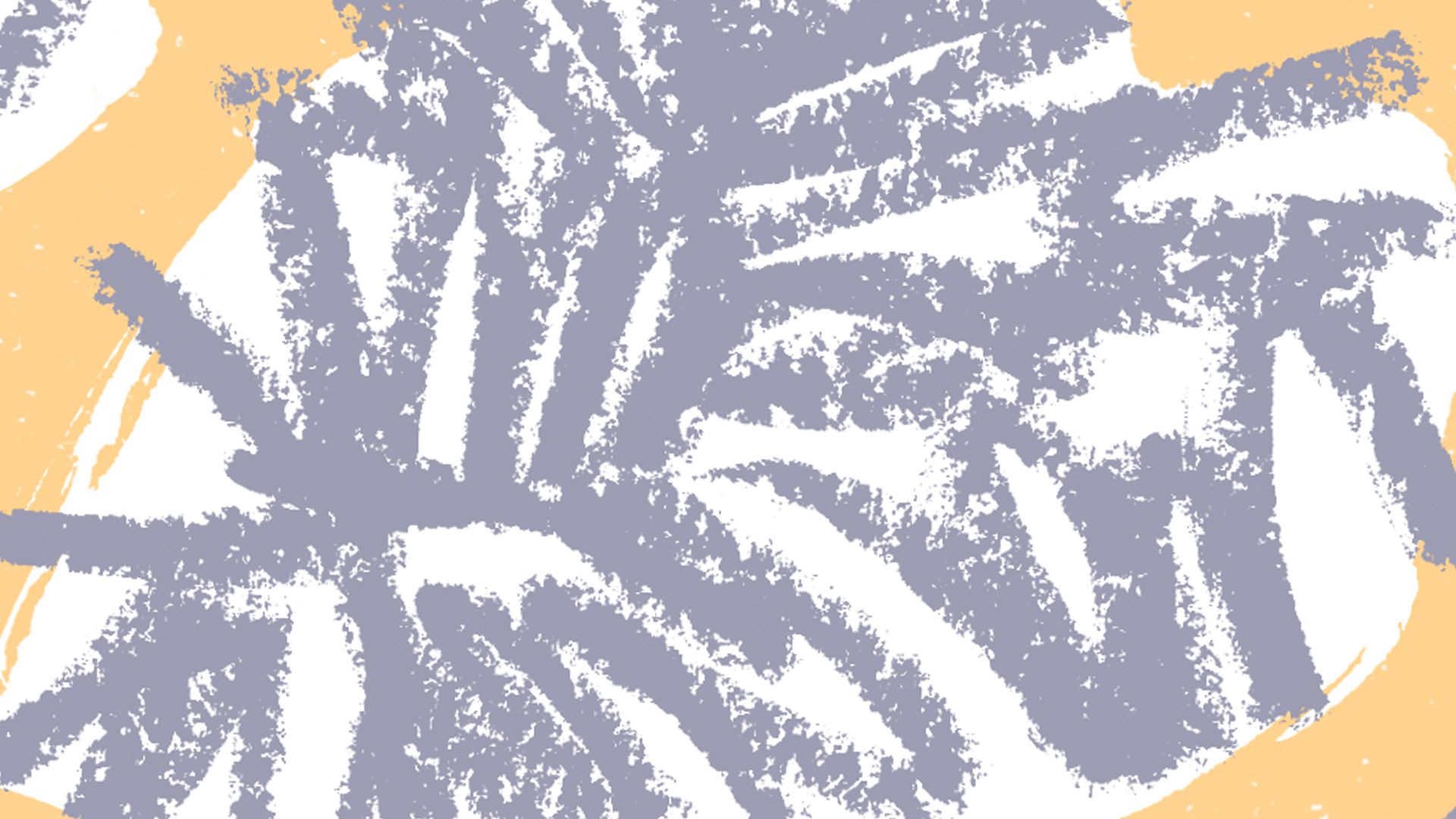On this website — 'Child and young person' or 'children and young people' means a child or young person who is under 18 years of age, unless otherwise defined by law or noted.
"Child safeguarding means zero-tolerance of child abuse and a commitment to creating and maintaining child safe and child friendly organisations where all children are valued and protected from abuse, harm and neglect."
Parliament of Victoria
Child safeguarding policy
Child safeguarding includes preventing, reporting, and responding to harm or abuse caused by anyone working with children or young people.
The aim is to create and maintain a culture that keeps children and young people safe. This includes:
- Reviewing, creating and applying policies, and procedures and codes of conduct to protect them and outline appropriate and inappropriate behaviour
- Providing regular training for managers, staff and volunteers
- Involving children, young people and their families in safety practices and decision-making
- Applying clear and approved standards at all levels
- Applying recruitment and screening practices for all staff and volunteers
- Responding properly if a child is abused or harmed by someone involved in providing services or activities, including making reports to external regulators if required.
A note for families and community members
A child’s family and community members are an important part of their protective network.
It is a good idea to do some research on any organisation before your children start work.
The Australian Human Rights Commission has information about child safe organisations.
Safeguarding resources
Creative Workplaces is working on developing more information, including a child safety policy, to help creative workplaces in safeguarding children and young people.
In the meantime, we recommend Safeguarding in Sport from Sport Integrity Australia.
It is a great resource for anyone working with children. The focus is sport, but much of the information can also be applied in the arts.
A note for young people
You should always:
- be safe and feel safe at work
- expect that adults are keeping you safe at work
- get information about how to raise a concern about your safety
- be heard and for action to be taken if there is a safety concern.
If you feel unsafe, or something has happened that you are not sure about, it is really important to tell an adult that you trust.
This could be a parent, carer, family member, a teacher or coach, a counsellor, or any other adult you feel comfortable with.
If there aren’t any adults you can talk to, call Kids HelpLine on 1800 55 1800 and learn more about where else to get support for children and young people.
Reporting child safety concerns
If a child is at immediate risk of harm - call 000.
To otherwise report a crime — call your local police on 131 444 or call Crimestoppers on 1800 333 000.
This is a general summary of reporting obligations only and should not be relied upon as legal advice. Organisations must assess their own specific circumstances to determine which obligations apply to them.
Criminal offences — failure to report and failure to protect
All states and territories except Western Australia have introduced criminal offences that apply to all adults for ‘failure to report’ child sexual abuse. This applies to all adults, including those in the creative industry. At a high level, this means an adult who has information that leads the person to form a reasonable belief that a sexual offence has been committed in the State against a child under the age of 16 years by another adult must disclose that information to Police as soon as it is practicable to do so, unless the person has a reasonable excuse for not doing so. The effect of this is that all adults have an obligation to report the sexual abuse of a child under 16 to Police. This includes an obligation to report grooming offences, irrespective of whether a sexual act has occurred. Offences can result in up to two to five years imprisonment, depending on the jurisdiction.
Additionally, all states and territories have introduced criminal offences for the ‘failure to protect’, which applies to adults in a position of power, authority or responsibility at a relevant organisation who negligently fail to reduce or remove a substantial risk that a child will be sexually abused by another person associated with the organisation. Offences can give rise to up to five years’ imprisonment.
Reportable conduct
Some (but not all) organisations in the creative industry will be covered by a Reportable Conduct Scheme, depending on the state and territory in which they operate and the type of work they do. There are Reportable Conduct Schemes in force in Victoria, New South Wales, Tasmania, Western Australia, and the Australian Capital Territory. Queensland also has a Reportable Conduct Scheme that will commence from 1 July 2026.
Each organisation should carefully consider whether a Reportable Conduct Scheme applies to them, particularly if the organisation is or works closely with a religious body, school, accommodation provider or camp provider and exercises care, supervision or authority over children, whether as part of their primary functions or otherwise.
Each Reportable Conduct Scheme differs slightly, but at a high level, the Schemes place an obligation on the head of an organisation to make a report to the appropriate regulator of the scheme after becoming aware of a reportable allegation. Generally, a reportable allegation is an allegation, based on a reasonable belief, that a worker has committed reportable conduct, or conduct which may include reportable conduct.
We note that many arts organisations will not be covered by the Reportable Conduct Scheme in their relevant jurisdiction. The Department of Social Services has a list of who you can contact for each state and territory. Please refer to the state and territory specific procedures and our key contacts table below for further details.
Mandatory and voluntary reporting
While the legal tests vary slightly between jurisdictions, all states and territories require prescribed categories of ‘professionals’ (including teachers, medical practitioners, psychologists and social or welfare workers) to make mandatory reports to a relevant government department if they form a reasonable belief in the course of practicing their profession that a child is in need of protection because the child has suffered, or is likely to suffer, significant harm as a result of physical or sexual abuse, and the child's parents have not protected, or are unlikely to protect, the child from harm of that type.
Most workers in the creative industry will not have mandatory reporting obligations, but everyone has a discretion to report instances of child abuse if you suspect a child or young person is in need of protection because they are at risk of harm, abuse or neglect.
Who to report to
| Where | For reportable conduct | For mandatory reporting |
|---|---|---|
| Australian Capital Territory | ACT Ombudsman | Children, Youth and Families |
| New South Wales | NSW Office of the Children’s Guardian | Communities and Justice NSW |
| Northern Territory | N/A | Child Protection NT |
| Queensland |
Queensland Family and Child Commission Note: Implementation begins from 1 July 2026 |
Child Safety Services |
| South Australia | N/A | Department for Child Protection |
| Tasmania | Office of the Independent Regulator | Strong Families Safe Kids Advice and Referral Line |
| Victoria | Commission for Children and Young People | Department of Families, Fairness and Housing |
| Western Australia | WA Ombudsman | Department of Communities |
Keep learning
More in this section:
Laws and standards for children and young people
There are laws and standards that creative organisations and businesses need to understand before working with, or engaging, children and young people in creative workplaces.
Online safety
There are extra things to consider when working with and engaging, children and young people in creative workplaces, including how to keep them safe online.




